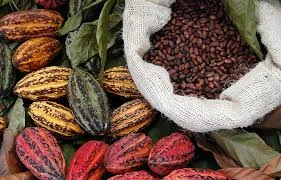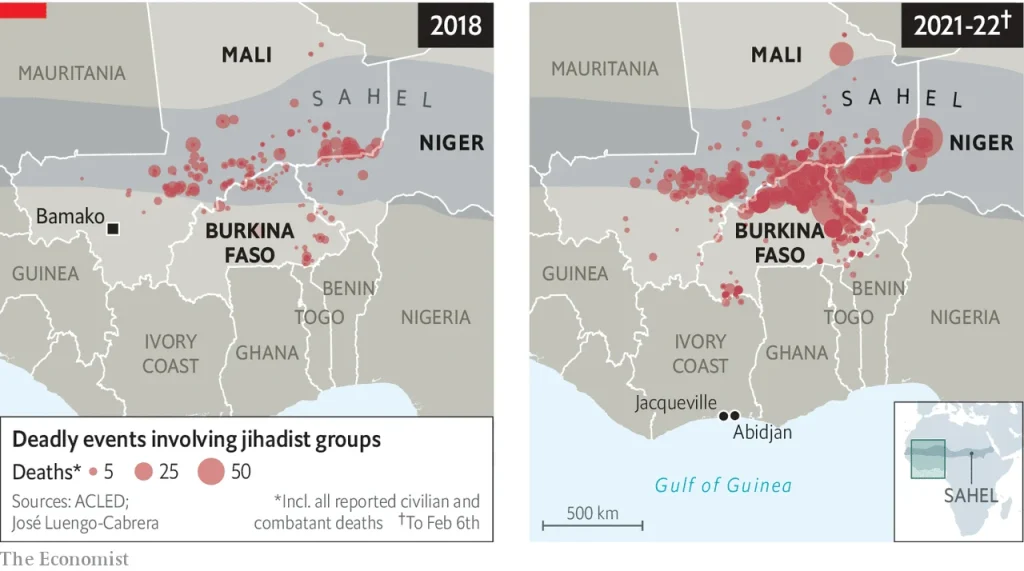 West Africa’s cocoa industry is facing increased pressure as new European Union (EU) regulations aimed at improving sustainability and labor practices come into effect. The regulations, which seek to address deforestation and child labor in the cocoa supply chain, have significant implications for major cocoa-producing nations such as Côte d’Ivoire and Ghana, which together account for nearly 70% of the world’s cocoa production.
West Africa’s cocoa industry is facing increased pressure as new European Union (EU) regulations aimed at improving sustainability and labor practices come into effect. The regulations, which seek to address deforestation and child labor in the cocoa supply chain, have significant implications for major cocoa-producing nations such as Côte d’Ivoire and Ghana, which together account for nearly 70% of the world’s cocoa production.
The EU, one of the largest importers of West African cocoa, has introduced stringent due diligence requirements for companies sourcing cocoa. These regulations require chocolate producers and suppliers to ensure that their cocoa is free from links to illegal deforestation and exploitative labor practices, including child labor, which has been a longstanding issue in the industry.
Key Points of the New EU Regulations
Sustainability Standards: Companies importing cocoa into the EU must now demonstrate that their supply chains are free from illegal deforestation, which is often linked to cocoa farming in protected areas.
Labor Practices: The new rules also mandate that cocoa suppliers ensure that child labor is not involved in the production process, placing added responsibility on farmers and cooperatives to adhere to international labor standards.
Supply Chain Transparency: The regulations require enhanced transparency, with companies expected to trace the origin of their cocoa and ensure compliance with environmental and social standards.
Impact on West African Cocoa Producers
The new regulations are expected to increase production costs for smallholder farmers, many of whom lack the resources to meet the EU’s requirements. Compliance with these rules may require significant investment in sustainable farming practices, monitoring systems, and certification processes. The fear among some farmers is that they may be excluded from the lucrative EU market if they are unable to meet the new standards.
Response from Governments
Côte d’Ivoire and Ghana have expressed concerns over the potential economic impact of the regulations on their cocoa sectors. Both countries have already implemented various sustainability initiatives, such as the Cocoa & Forests Initiative, to combat deforestation and promote responsible farming. However, meeting the EU’s stricter regulations will require additional efforts, particularly in regions where informal farming practices prevail.
Industry Outlook
While the regulations pose challenges, industry experts believe they may also create opportunities for West African cocoa producers. By adopting sustainable practices, producers could secure premium prices in international markets and improve the long-term viability of the cocoa industry. However, without sufficient support from governments and international partners, smallholder farmers may struggle to comply, risking exclusion from the EU market.




















